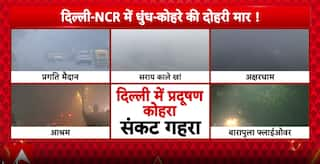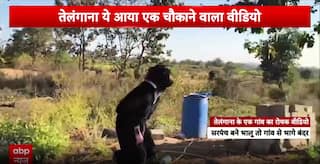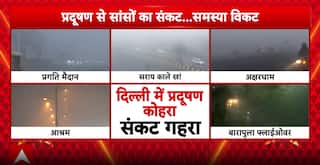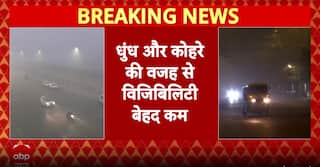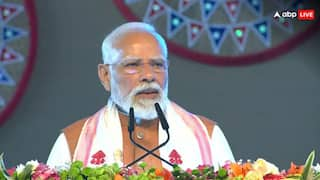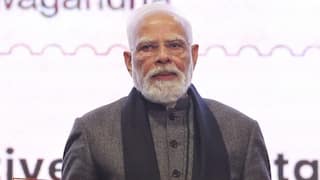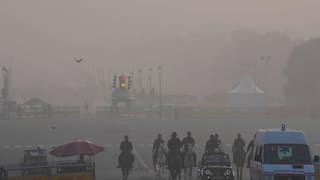Facebook, WhatsApp And Twitter To Be Banned In India? Here's What The New IT Rules Indicate
In absence of compliance with the new rules, social media intermediaries and digital media platforms will only lose the immunity against liability for posts made on their networks, third party information or data.

New Delhi: After the government announced new IT regulations on February this year, the three-month deadline for social media platforms including WhatsApp, Facebook, Instagram, and Twitter to comply with it ended on Tuesday.
The Modi government has sought replies from all social media platforms as to why new rules are not being followed. WhatsApp has already knocked the doors of the Delhi High Court against one of the clauses of the new regulations. Amid this, the followers are curious to know if social media will be banned in the country going ahead. Also Read: 'Farmers Planned To Capture Red Fort & Make It New Protest Site': Delhi Police File Charge Sheet On R-Day Violence
Will Facebook, Twitter & others be banned?
The new Information Technology (Intermediary Guidelines and Digital Media Ethics Code) Rules 2021, also known as the new IT Rules 2021, has come into effect from Tuesday. Large social media networks were given a three-month window to comply with these guidelines, which were first released earlier this year.
There is a growing concern among users regarding the future of these platforms. It is to be noted that neither the government nor the rules mention any ban, as per the new rules. In fact, in absence of compliance with the new rules, social media intermediaries and Internet firms won’t get safe harbour protections mentioned in Section 79 of India’s Information Technology (IT) Act.
“When an intermediary fails to observe these rules, the provisions of sub-section (1) of section 79 of the Act shall not be applicable for such intermediary and the intermediary shall be liable for punishment under any law for the time being in force including the provisions of the Act and the Indian Penal Code”.
It has been clearly stated that this legal immunity will be withdrawn and digital media platforms will be part of the legal proceedings, if any. It means that these intermediaries will continue to function seldom any safe harbour protections for the time being.
What do the new IT rules laid down?
One of the key provisions allows the government to ask companies to track down the originator of posts, tweets, and texts within the country. As per the guidelines, in case of an offensive post, the government can lawfully ask these companies to identify the first person who shared it in India. Intermediaries have been asked to appoint Indian citizens in compliance roles besides creating automated processes for taking down pornography, setting up mechanisms to respond to complaints, and do away with offending content within 36 hours of receiving a legal order.
Which platforms have complied with the rules so far?
Indigenous Twitter alternative Koo has announced compliance on 22 May apart from the government’s citizen engagement platform MyGov. Facebook has indicated about complying with these rules. While WhatsApp has sued the government, saying the rules breach the Supreme Court’s 2017 Right to Privacy ruling.
What is the traceability issue for apps?
Messaging platforms including WhatsApp, Signal, and Telegram use end-to-end encryption (E2EE), which doesn’t allow anyone except the sender and receiver of a text from reading it. "It would break end-to-end encryption and fundamentally undermines people's right to privacy. We have consistently joined civil society and experts around the world in opposing requirements that would violate the privacy of our users," said WhatsApp spokesperson.
According to the intermediaries, the new rules will make them digitally fingerprint all messages on their platforms, and keep records of them, in order to be ready for legal requests. As per the Mint report, they stated this clause against the fundamentals of E2EE technology which will further require platforms to build backdoors into their code, and there are chances that it can be exploited by cybercriminals.
Meanwhile, the government has clarified that new Rules are only designed to prevent abuse and misuse of social media. "Govt welcomes criticism including the right to ask questions. The rules only empower the ordinary users of social media when they become victims of abuse & misuse, said Electronics & I-T Minister RS Prasad.











